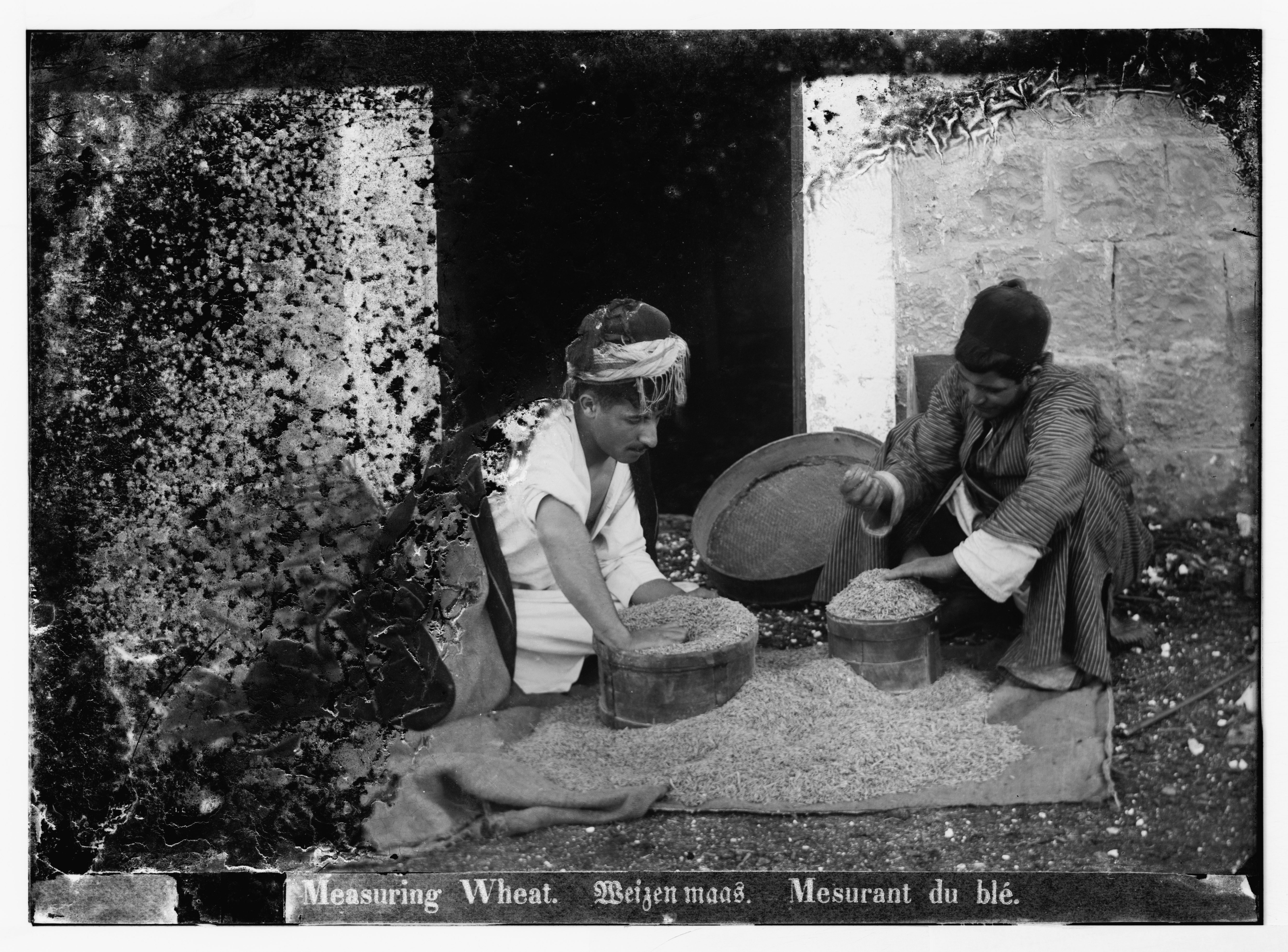Eighth Sunday of the Year C (03 Mar 2019)
Homily of Fr. Paul Panaretos, S.J.
Often on Our Lips
You may recall an announcement last fall: Le Grand K is being retired in May. Le Grand K is the world’s standard kilogram. Described by Simon Winchester and reported by the BBC, “the highly polished cylinder of solid metal…has defined the kilogram for over a century.”1 Kilogram redefinitions are rare; technological need prompts them. A measure more precise than Le Grand K is needed both for accuracy and for fairness in exchange wherever one is: Guelph or Geneva, Kamloops or Cameroon.
In May electro-magnetic activity will define the kilo. The definition is a function of distance and part of a fraction of a second. The distance is a metre. The metre was introduced at the end of the French Revolu-tion. It replaced the foot, which was a fraction of forearm (half-yard), and the thumb (inch). The original metre was a platinum rod put in marble. Copies were placed around Paris to standardize distance.
As humans knew more we redefined the metre: platinum length gave way to measuring radiation from another ultra-heated metal. “A certain specific number of these tiny wavelengths was… formally declared to be the metre.”2 Thirty-three years later measuring wavelengths was replaced by more accurately measured frequencies emitted from a gas.
All this reminds us that we redefine physical measures. We gather for mass not maths and physics because we want to take stock of our spiritual measure. Jesus helps us. The gospel word we translate measure—by the measure you use to measure, you will be measured in return—is a standard; the word gives us our word metre.3
Instead of length Jesus used the image of a standard basket for measuring grain: filled, then shaken to hold more; then pressed down to hold still more. The way each human measures God will measure back to us. To be measured in the parlance of the bible has God as subject. When people heard this gospel proclaimed they understood: by the measure you use to measure, you will be measured [by God] in return. Jesus invites us to take our hearts’ measure and gives us his standard to do it: God’s compassion.
Jesus defined God’s compassion in last Sunday’s gospel: God is kind to the ungrateful and the wicked.4 God shows all compassion. God is the standard measure of compassion; Jesus is the ripe fruit of God’s compassion. Living with Jesus frees us to be compassionate, just as your Father is compassionate.5 God’s compassion as a Christian standard under-girds all Jesus continued to speak in today’s gospel. Compassion frees us to know with our hearts. Compassionate, God-like hearts free us to act in ways that are sweet like ripe fruit—a good person out of the store of [compassion] produces good.
 Our standard of compassion—God’s compassion—is not locked in a vault the way Le Grand K spent its life. Nor is God’s compassion reser-ved to those able to measure nano-frequencies radiating from an element. Our compassion-standard is frequently on our lips: God, forgive us our sins, as we also forgive those who sin against us. Measuring, judging, with God’s heart builds up and never belittles. Living, breathing and enacting compassion transforms the world, beginning where each of us finds ourselves.
Our standard of compassion—God’s compassion—is not locked in a vault the way Le Grand K spent its life. Nor is God’s compassion reser-ved to those able to measure nano-frequencies radiating from an element. Our compassion-standard is frequently on our lips: God, forgive us our sins, as we also forgive those who sin against us. Measuring, judging, with God’s heart builds up and never belittles. Living, breathing and enacting compassion transforms the world, beginning where each of us finds ourselves.
In your daily 15 minutes with Jesus this week rest in our triune God. Ask Mary to present us to her son. Chat with Jesus: ask him to give us new or renewed purpose as his disciples and to help us welcome a new measure of his life for the sake of our world. Ask Jesus for the grace to feel more deeply his compassion for us and to practice it. Close by saying slowly the prayer Jesus taught us. Praying forgive us…as we forgive others transforms us into fruit that is sweet and shows others we measure with the heart of God.
___________
Link to this homily’s Spiritual Exercise
___________
Wiki-images Girl Mosaic of Zeugma PD-US; Measuring wheat PD-US

No comments:
Post a Comment